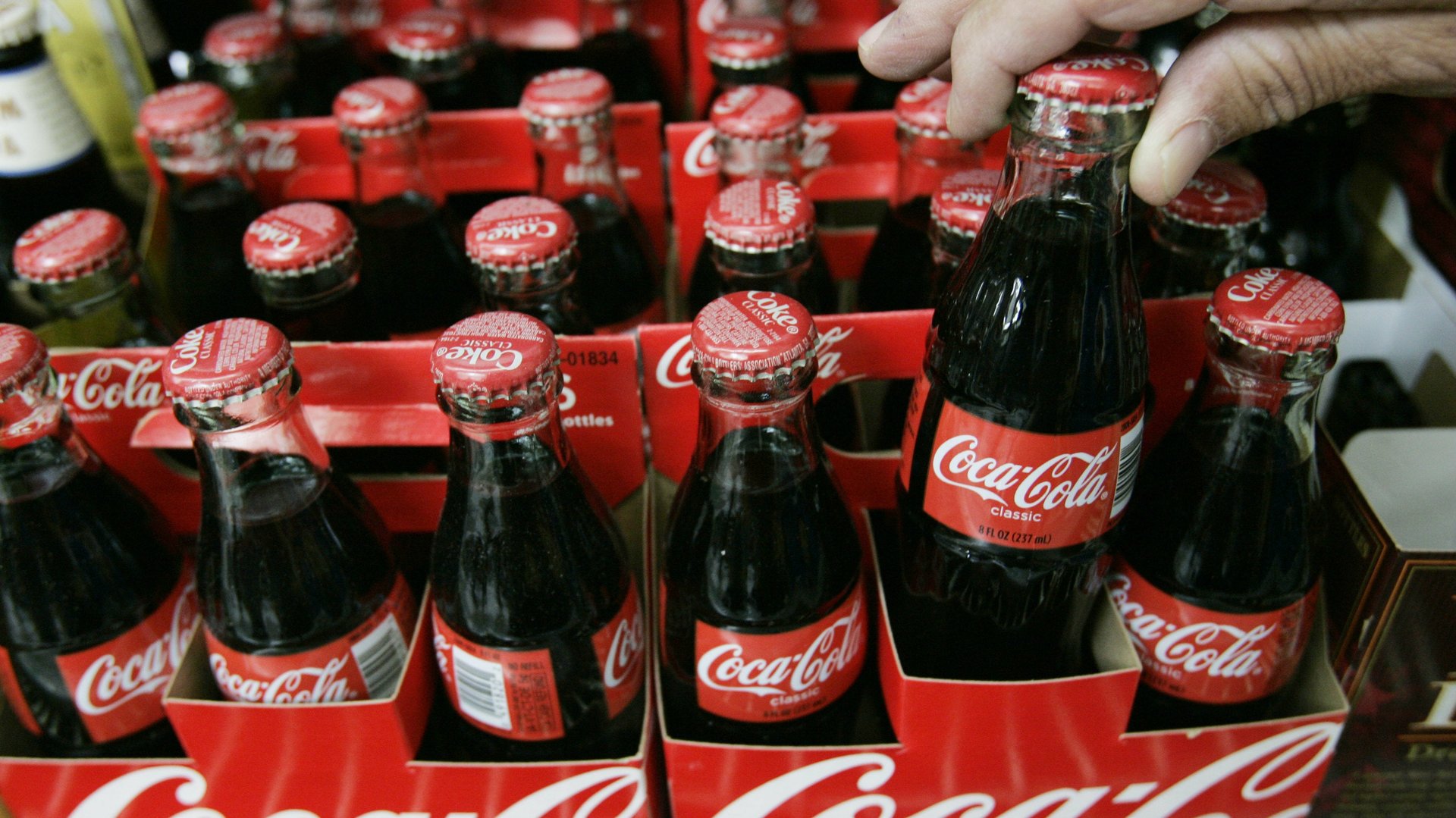The UK prime minister wants the government to ignore its own report on the dangers of sugar
A long-delayed report on the impact of sugar on England’s public health and economy has finally been published, but the government isn’t planning on doing much with it.


A long-delayed report on the impact of sugar on England’s public health and economy has finally been published, but the government isn’t planning on doing much with it.
“Sugar Reduction: The evidence for action” was published yesterday afternoon by the government agency Public Health England, months after its originally scheduled release in July.
It paints a dismal picture. After listing discouraging weight statistics for the country (including the finding that 10% of 4 to 5 year olds are obese) as well as the cost of related health problems to the National Health Service, a whopping £5.1 billion (approximately $78 billion) each year, the report includes a recommendation from the Scientific Advisory Committee on Nutrition (SACN) to halve the recommended maximum amount of sugar from the current 10% of total daily calories to 5%. It then lists a number of initiatives that could cut sugar consumption, including a 10-20% tax on “high sugar products” like soda, the “largest single source of sugar for children aged 11 to 18 years old.”
If the SACN’s recommendation is met, the report says, the health and economic savings would be substantial. It estimates that if that 5% goal was met within five years, then over the next 25 years more than 77,000 deaths could be averted and £14.4 billion saved by NHS.
But UK Prime Minister David Cameron doesn’t want to levy a soda tax, his office confirmed to The Guardian, saying that he believes there are “better ways” to combat childhood obesity than a soda tax.
That puts him at odds with a growing coalition in favor of the tax. It has gotten support from members of the UK government, including the Department of Health’s chief medical officer and the chairman of the Food Responsibility Network, The Telegraph reports. Celebrity chef and food activist Jamie Oliver has also vocally supported the sugar tax. The mayor of London, a former health minister, and two-thirds of senior health care workers are all in favor of the tax.
There are a number of other measures, in addition to the tax, recommended in the report, including regulating sales at supermarkets, restricting advertisements aimed at children, and changing the standards used by the government when it buys food. These measures might not have the scary ring to them that “tax” does, but are still likely to stir controversy amongst stakeholders and government officials.